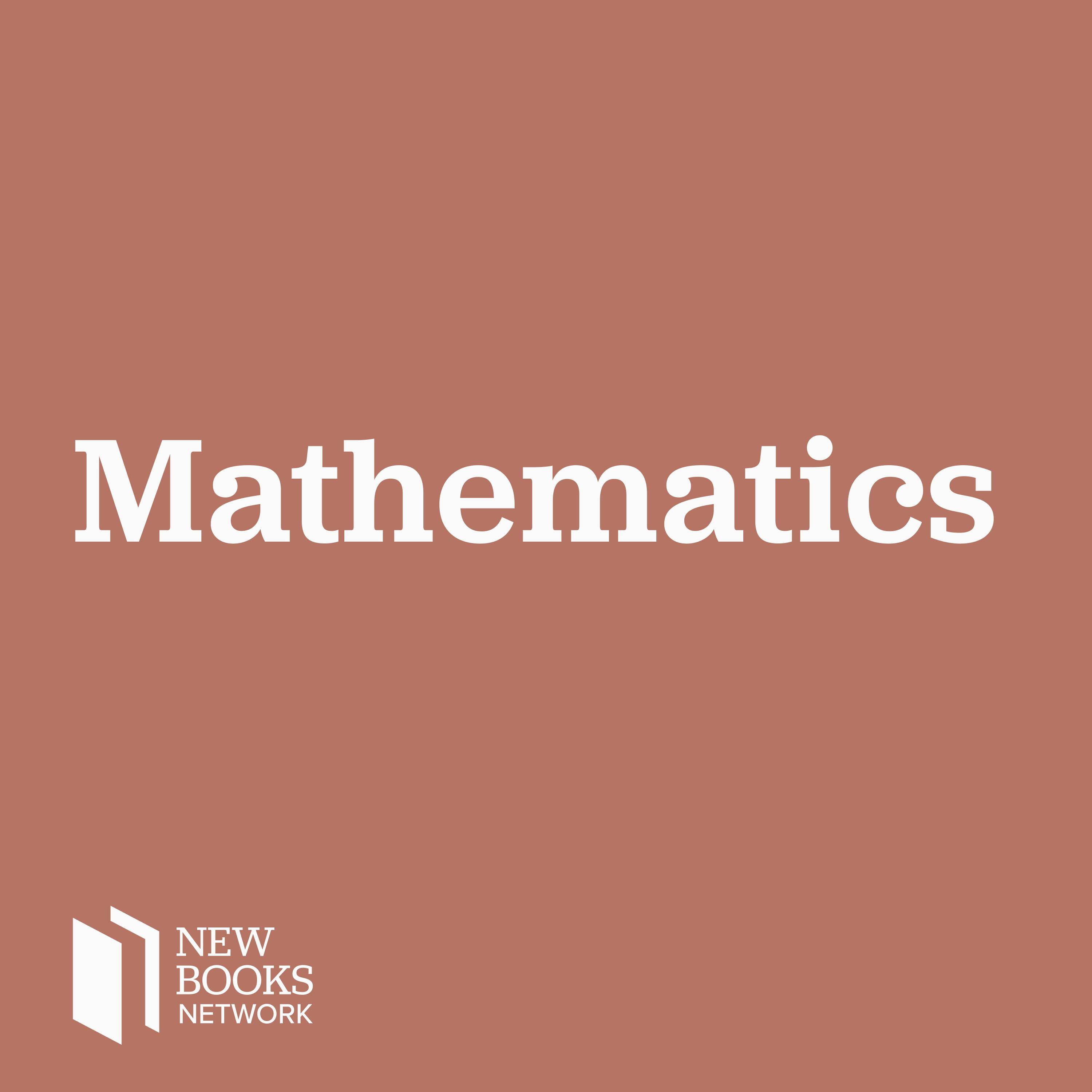John Stillwell, "The Story of Proof: Logic and the History of Mathematics" (Princeton UP, 2022)
Description
The Story of Proof: Logic and the History of Mathematics (Princeton UP, 2022) investigates the evolution of the concept of proof--one of the most significant and defining features of mathematical thought--through critical episodes in its history. From the Pythagorean theorem to modern times, and across all major mathematical disciplines, John Stillwell demonstrates that proof is a mathematically vital concept, inspiring innovation and playing a critical role in generating knowledge.
Stillwell begins with Euclid and his influence on the development of geometry and its methods of proof, followed by algebra, which began as a self-contained discipline but later came to rival geometry in its mathematical impact. In particular, the infinite processes of calculus were at first viewed as "infinitesimal algebra," and calculus became an arena for algebraic, computational proofs rather than axiomatic proofs in the style of Euclid. Stillwell proceeds to the areas of number theory, non-Euclidean geometry, topology, and logic, and peers into the deep chasm between natural number arithmetic and the real numbers. In its depths, Cantor, Gödel, Turing, and others found that the concept of proof is ultimately part of arithmetic. This startling fact imposes fundamental limits on what theorems can be proved and what problems can be solved.
This book could well serve as a history of mathematics, because in developing the evolution of the concept of proof and how it has arisen in the various different mathematical fields. The author essentially traces the important milestones in the development of mathematics. It's an amazing job of collecting and categorizing many of the most important ideas in this area.
Learn more about your ad choices. Visit megaphone.fm/adchoices
Support our show by becoming a premium member! https://newbooksnetwork.supportingcast.fm/mathematics
More Episodes
Published 04/15/24
The stereotype of the solitary mathematician is widespread, but practicing users and producers of mathematics know well that our work depends heavily on our historical and contemporary fellow travelers. Yet we may not appreciate how our work also extends beyond us into our physical and societal...
Published 04/15/24
What's the best way to determine what most voters want when multiple candidates are running? What's the fairest way to allocate legislative seats to different constituencies? What's the least distorted way to draw voting districts? Not the way we do things now. Democracy is mathematical to its...
Published 02/01/24


